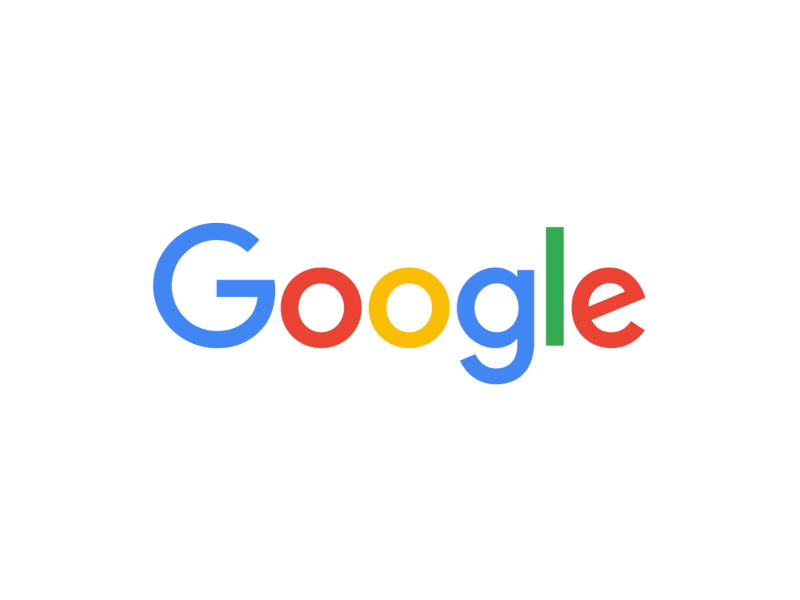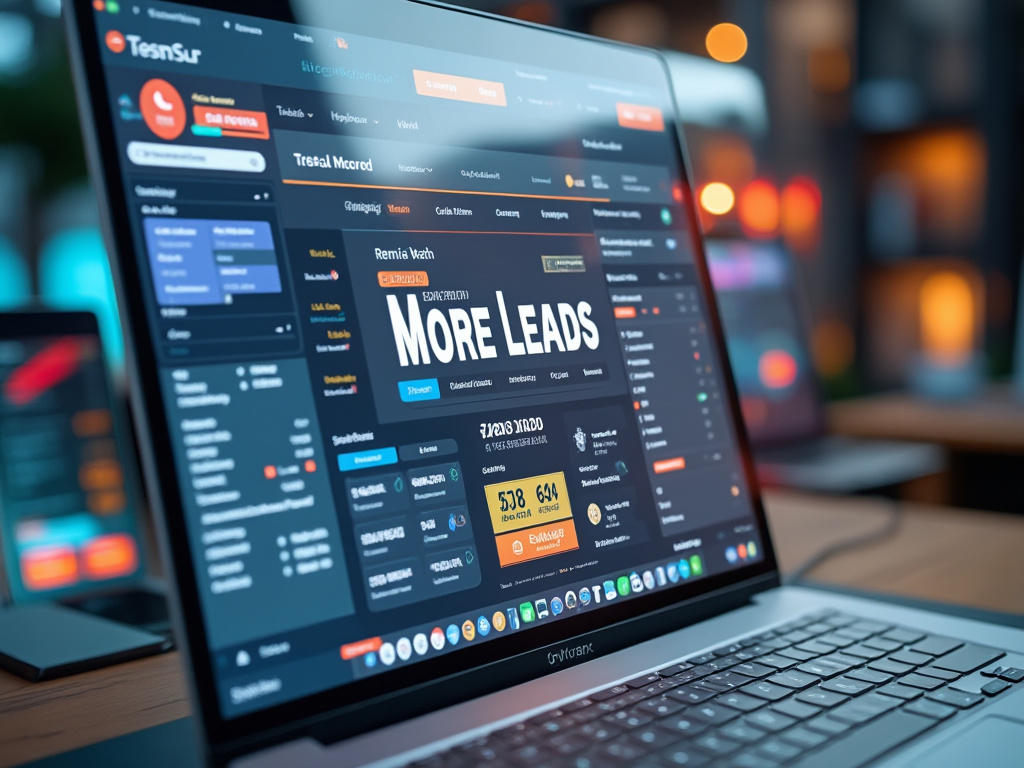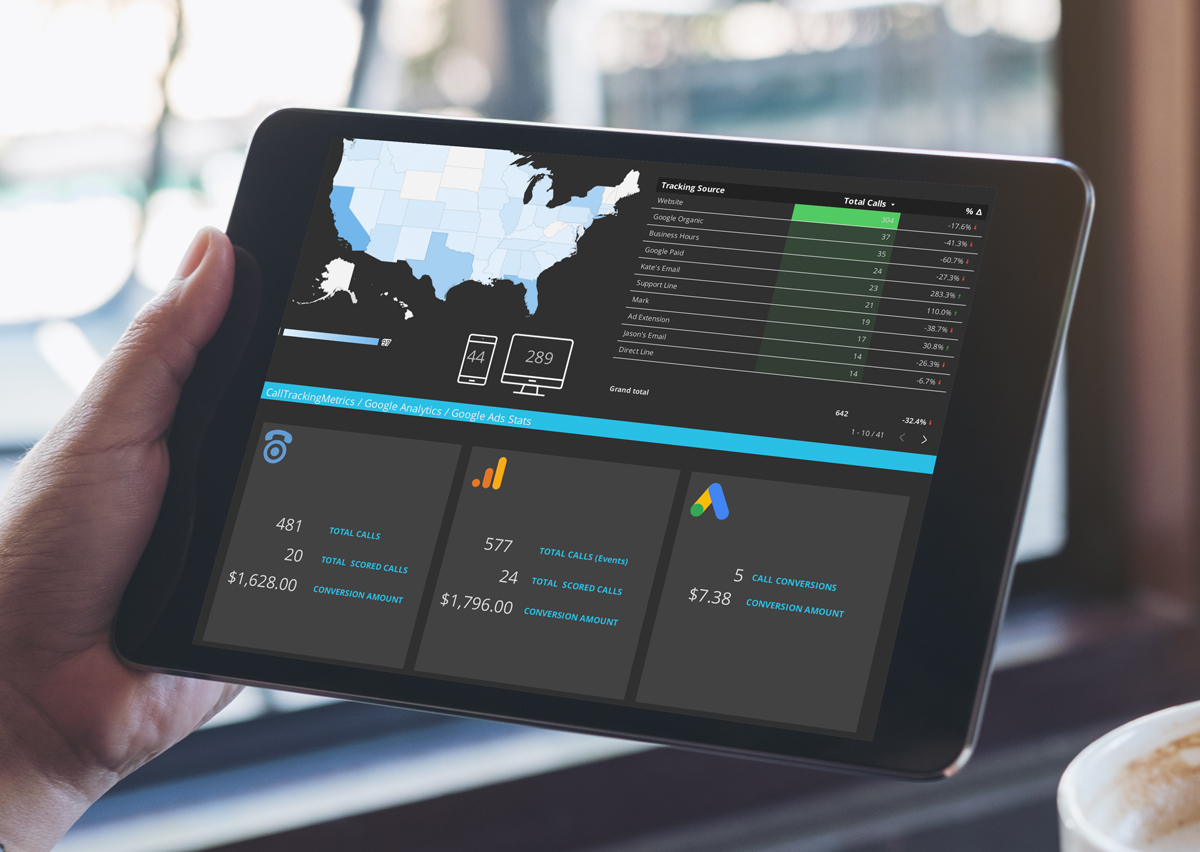Google has announced new requirements for their Google Partner program, bringing to mind an infrequently discussed repercussion of the digital era: the dramatically altered relationship (and power dynamic) between advertising agencies and the platforms on which we run ads. Today’s post is about that shift and a difficult conundrum currently facing agencies and clients, but before we get into that, we’ll start with just a little history.
Agencies and Print Advertising
If you were involved in the advertising industry a couple decades ago, you’ll remember quite a different relationship between agencies and ad space owners. Magazines historically had cordial relationships with ad agencies, giving them discounts for bulk ad buys and return business. After all, there were mutual benefits to treating each other well: agencies would know they’d get a good price and have easy communication, and magazines made themselves a more appealing choice in a sea of other options.
Shift to the current advertising scene, and as far as I know, Google has never discounted anything to agencies running tons of ads (outside of the occasional “get started” credit). They don’t have to, because while they’re not the only game in town (not yet, anyway), they’re indispensable as an advertising platform.
Of course, Google isn’t required to give special deals to anyone, but their reluctance to treat agencies as partners (despite their program’s title) goes a lot deeper than this. Google Partners actually do far more for Google than agencies ever did for magazines.
Agencies and Google
We partner agencies employ technicians who have deeply studied Google Ads, getting certified in various product areas like Search, Display, and Video. We encourage clients to run ads on Google, even to the exclusion of other platforms if their budget is limited. In return, we receive a badge we can paste on our website and “advanced product training.”
However, the deal has gotten far less equitable (or more exploitative, depending on how morally you suppose Google operates).
Now, these “account strategists,” as Google refers to them, must also adhere to Google’s recommendations to reach an “optimization score” of 70% or greater. That means agencies could soon be in the position of having to choose whether to follow Google’s guidelines and reduce the efficiency and accuracy of their advertisements or lose their Partner certification altogether.
These changes are indicative of the new relationship Google has manufactured between themselves and agencies; one where they know they’re ubiquitous enough to make unreasonable, harmful demands (some might even go so far to refer to them as a monopoly). It might not be immediately obvious why they are so harmful, though. Allow me to elucidate…
Google’s Recommendations Have Always Been Problematic
I wouldn’t go so far as to say that there’s an inverse relationship between accumulating Google Ads knowledge and ignoring Google’s recommendations, but it may be demonstrative to point out that one of the first things I was told when being introduced to Google Ads was of the several daily alerts and suggestions (indicated with a red exclamation point) that Google brings to agencies’ attention, few to none are beneficial for the client.
For example, Google shows display network ads without telling advertisers, and when they’re shut off, the accounts do significantly better. However, when they notice these ads are (rightfully) shut off, Google sends clients emails warning them that important ad revenue is being lost and instructing them to turn the ads back on.
There’s also the issue of Google’s automated bid strategies. Enhanced CPC can bid much higher than what’s profitable, potentially wasting money even on good keywords. Target CPA requires a minimum number of conversions to be effective (Google says 15, but others report the number should be higher). To be efficient and effective, each strategy requires deep knowledge of Google’s algorithms; data they don’t like to readily offer.
Where this can be problematic is when automated bid strategies become the marquee focus of your account Optimization Score, which if you recall from earlier in the article must be at a minimum of 70% across all Google Ads accounts to maintain Partner status. By recommending automated strategies and holding agencies to maintaining high scores, Google stands to benefit by reducing the agency’s control of the ads in lieu of keeping the coveted badge or forgoing optimal account spend & performance.
Google is also infamous among agencies for suggesting advertisers choose poor-performing but expensive keywords.
The Blowback
Predictably, many agencies are displeased with what they view as an overstep from Google intended to coerce advertisers into acting in Google’s interest rather than those of their clients. Though some agencies are scrambling to certify the requisite number of strategists and meet the 70% threshold, others are eschewing these new guidelines entirely and proudly declaring that they’re no longer Google Partners.
We fall closer to the second camp, though we’re not entirely in it: we’re still meeting Google’s requirements and are still therefore a Google Partner, but we will continue to devise our advertising strategies solely on the basis of what benefits our clients, not the artificial standards Google is attempting to hold us to. We suggest other agencies do the same.





